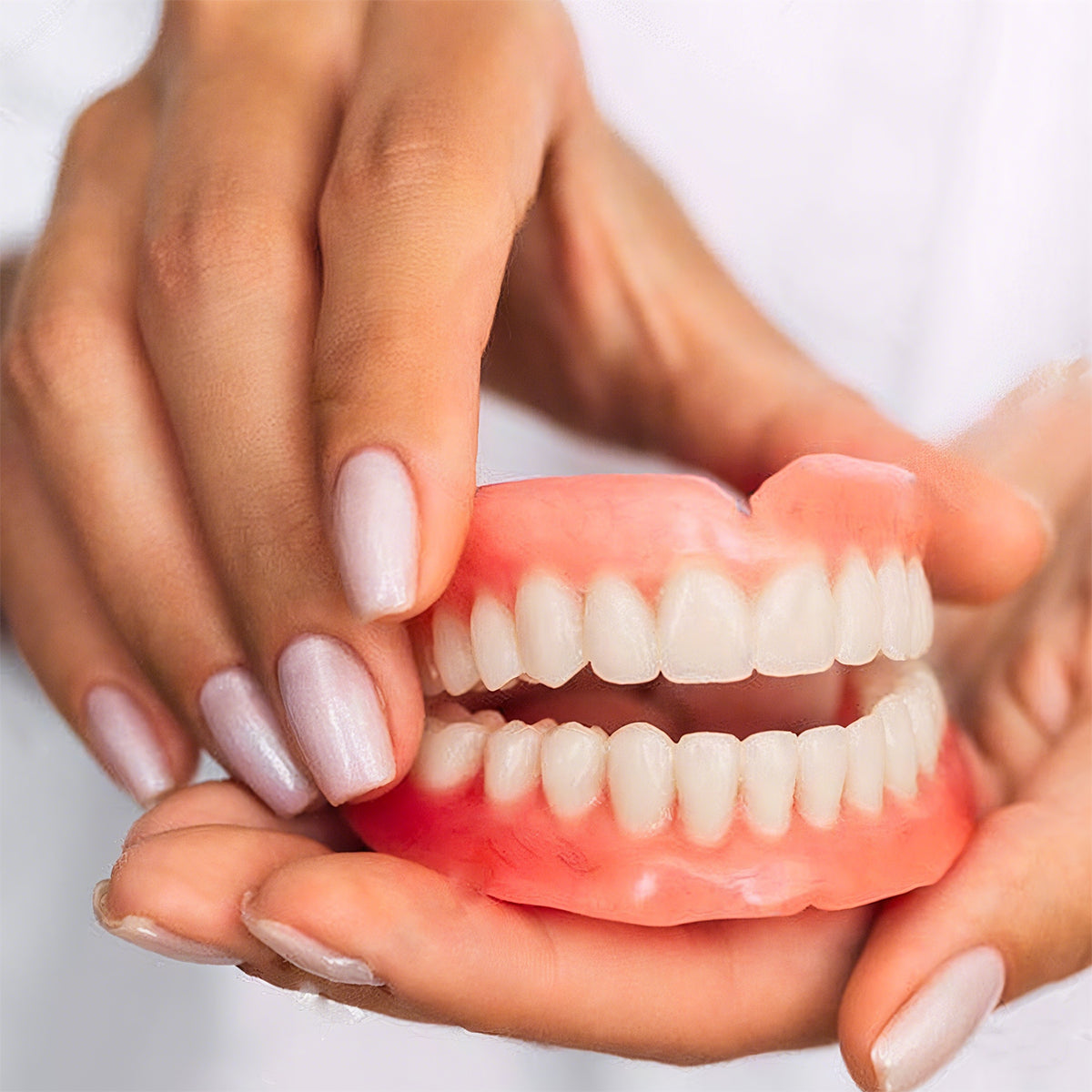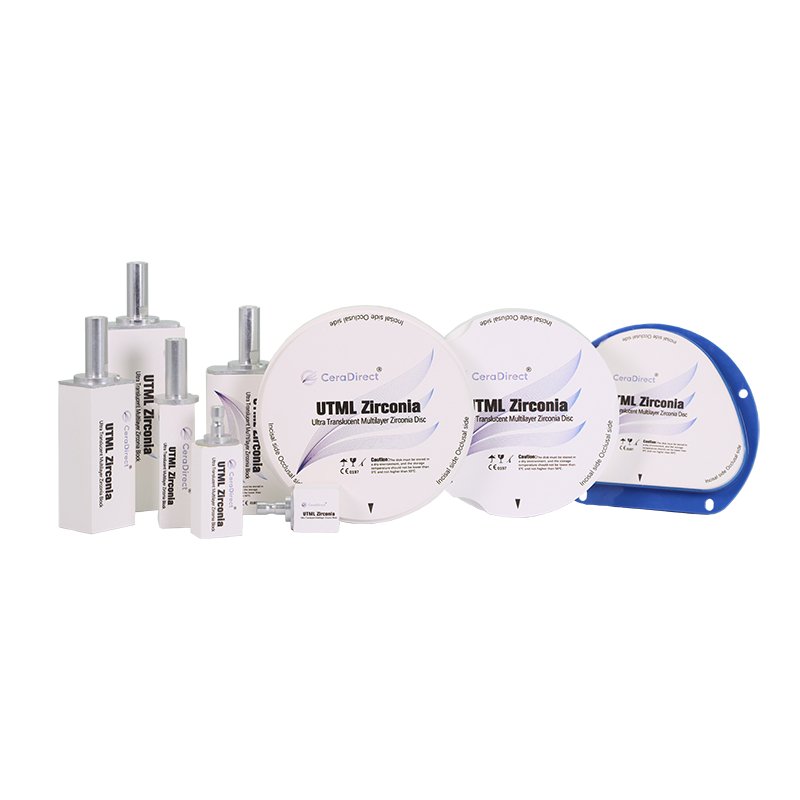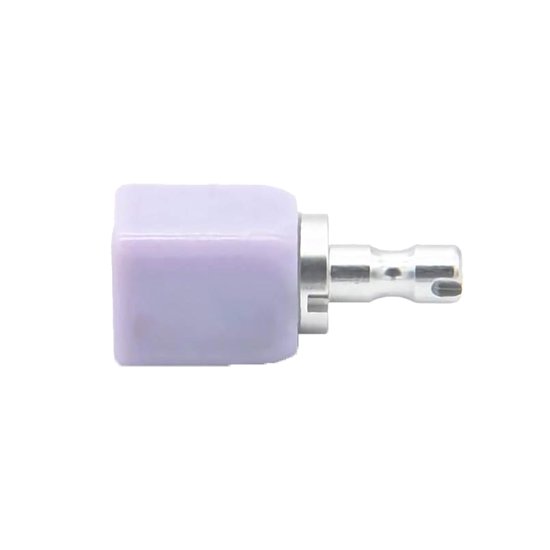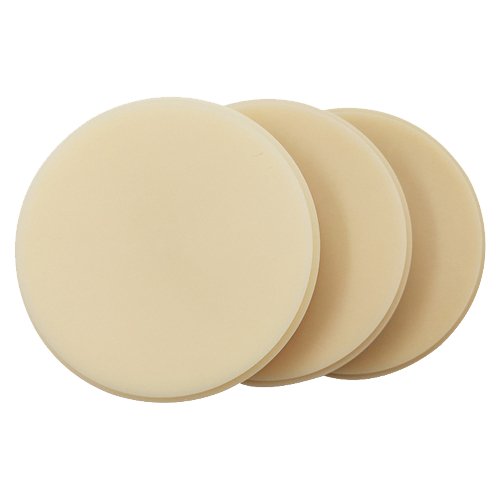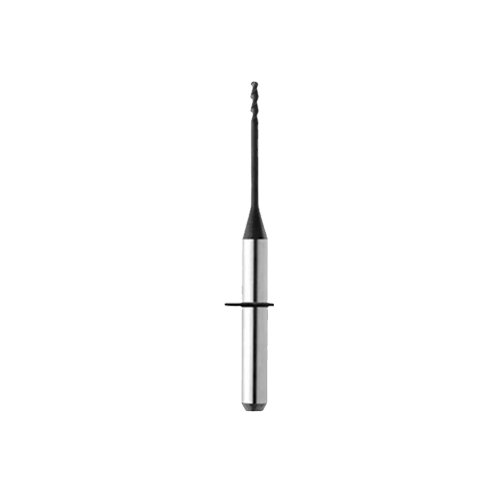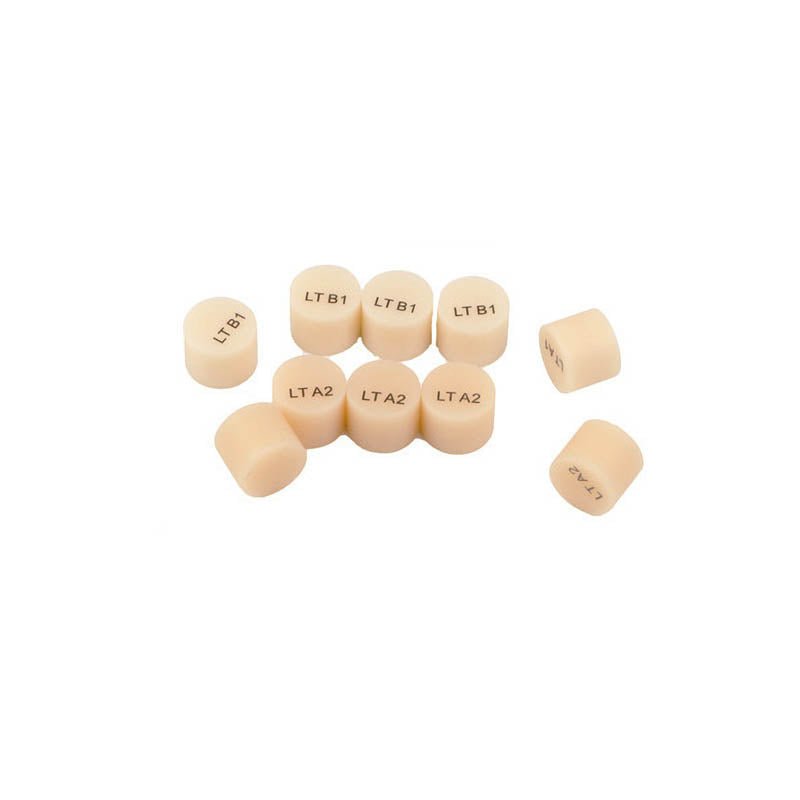When it comes to dental procedures, the materials used can have a significant impact on the success and longevity of the treatment. Understanding biocompatibility and why material selection matters is crucial for both dental professionals and patients.
What is Biocompatibility?
Biocompatibility refers to the ability of a material to perform its desired function within a specific application without causing any adverse effects on biological systems. In the context of dental procedures, biocompatible materials are those that are well-tolerated by the body and do not elicit a negative immune response.
Why Does Material Selection Matter?
Choosing the right materials for dental procedures is essential for ensuring the success of the treatment and the overall health of the patient. Biocompatible materials reduce the risk of allergic reactions, inflammation, and other complications that can arise from using materials that are not well-suited for the human body.
Factors to Consider in Material Selection
When selecting materials for dental procedures, several factors must be taken into account, including the patient's medical history, the specific procedure being performed, and the durability and longevity of the material. For example, materials used in dental implants must be strong, biocompatible, and able to integrate seamlessly with the surrounding bone tissue.
The Role of Research and Testing
Before a material can be used in dental procedures, it must undergo rigorous testing to ensure its biocompatibility and safety. Research studies and clinical trials play a crucial role in evaluating the performance of different materials and determining their suitability for use in dental applications.
Common Biocompatible Materials in Dentistry
Some of the most commonly used biocompatible materials in dentistry include titanium, zirconia, and certain types of ceramics. These materials are known for their biocompatibility, strength, and aesthetic qualities, making them ideal for a wide range of dental procedures.
Overall, understanding biocompatibility and the importance of material selection in dental procedures is essential for ensuring the success of treatments and the well-being of patients. By choosing biocompatible materials and staying informed about the latest advancements in dental materials, dental professionals can provide high-quality care that is safe and effective.

